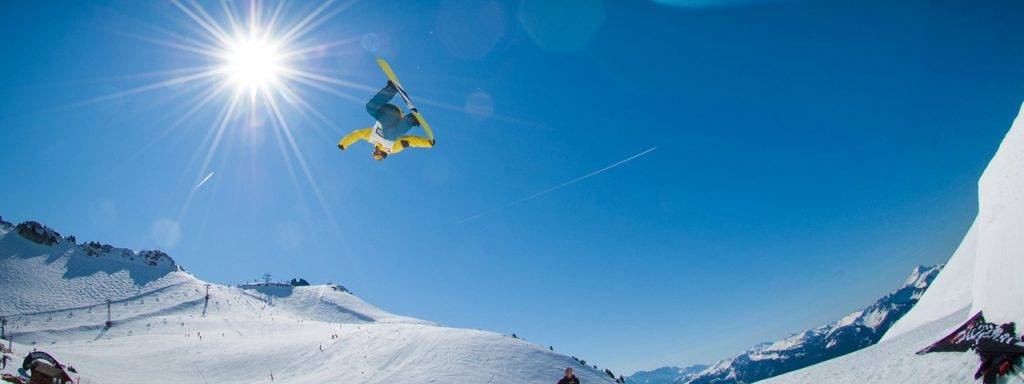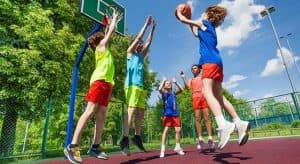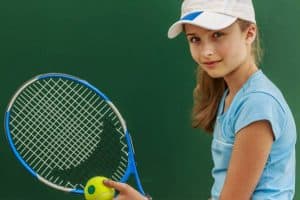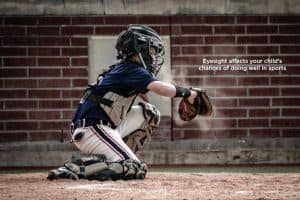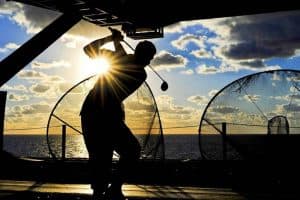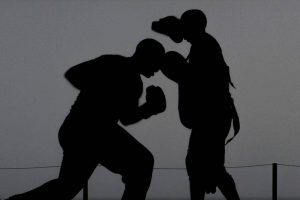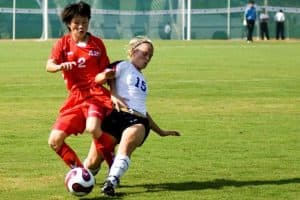A great skier maintains balance, dynamics, and control. But your skiing performance is highly dependent on the integrity of your visual skills
Your visual skills play an essential role in your ability to carve the slopes and freestyle safely down the mountain.
Visual Skills
There are many different visual skills, some that help you see clearly while navigating down the hills, some that help you spot oncoming objects or skiers in your environment, and some that help you to increase your downhill speed while protecting your safety.
Without well developed visual skills, your confidence on the ski slopes can inhibit your fun and enjoyment.
This article will explain why your ski skills are actually dependent on your visual skills, and help you to understand the specific visual skills necessary for success on the mountains.
To enhance your enjoyment of hitting those slopes, contact an eye doctor near you, who can discuss how your visual skills can be improved.
SEE RELATED: Vision for Skiing
Which visual skills are essential for excellent ski performance?
- Contrast sensitivity
- Depth perception
- Peripheral vision
- Gross visual motor
- Visual perception
- Visual reaction time
- Focus control
1. Contrast sensitivity
Contrast sensitivity is critical for differentiating between the different shades of white on the snowy landscape. This skill is important for your safety on the slopes, as it allows you to avoid icy patches that can increase your risk of accident.
2. Depth perception
An awareness of distance and space will allow you to accurately judge where objects are located, allowing for quicker decisions and increased ability to manage your skiing speed, while feeling confident about your safety.
3. Peripheral vision
Good peripheral vision allows you to scan your surroundings and identify the skiers, rocks or trees around you, protecting you from potential hazards.
4. Gross visual-motor
Coordinated vision and motor skills allow you to control your body position, weight bearing and movements of your limbs. This skill allows you to plan and execute your next turn while avoiding any obstacles in your way.
5. Visual reaction time
When your brain can quickly process the visual images sent from your eyes to your brain, your reaction time will be quicker— allowing you to ski safely at a greater speed.
6. Focus control
Focus control allows you to quickly and smoothly shift focus from near to far distances and ski down the slopes with clear vision of upcoming obstacles.
Sports vision training for skiing
If you love to ski but lack the confidence to take on the black diamond, improving your visual skills can help you to ski faster and with more confidence, while also reducing your risk of accident.
With vision therapy, you can retrain the connections between your eyes and brain to strengthen your visual skills and enhance your performance on the slopes.
LEARN MORE: Guide to Sports Vision
Schedule an appointment with an eye doctor for a thorough evaluation of your functional vision.
Your doctor will determine which visual skills require strengthening, and can prescribe a program of vision therapy to help you gain the confidence you seek and enjoy your ski vacation all the more.

